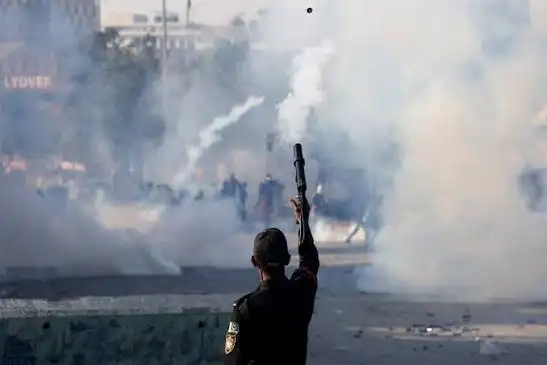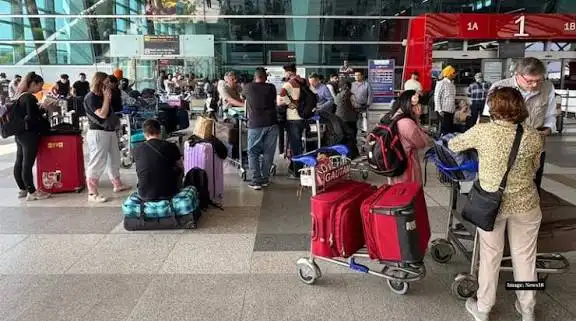In a significant political confrontation unfolded in Texas as over 50 Democratic lawmakers departed the state to obstruct a Republican-led redistricting initiative. This move aimed to redraw congressional maps, potentially adding five Republican-leaning seats ahead of the 2026 midterm elections. The Democrats’ absence effectively halted legislative proceedings, including critical votes on flood relief and property tax reforms.
Governor Greg Abbott responded swiftly, issuing civil arrest warrants for the absent legislators and threatening to remove them from office if they failed to return. He emphasized the urgency of their presence, stating, “This truancy ends now.” Attorney General Ken Paxton echoed these sentiments, calling for the immediate arrest and return of the lawmakers to the Capitol. However, legal experts noted that while Texas law permits civil arrest warrants within the state, enforcing these warrants across state lines posed significant challenges. The Texas Department of Public Safety’s jurisdiction is limited to state borders, complicating efforts to apprehend the lawmakers who had relocated to states like Illinois and New York.
The Democratic legislators, many of whom had previously engaged in similar quorum-denial tactics in 2021, argued that the proposed redistricting plan constituted illegal voter suppression, particularly targeting Black and Latino communities. They contended that the GOP’s efforts were a blatant attempt to manipulate electoral outcomes in favor of former President Donald Trump’s political agenda. In response to the threats of removal and arrest, the lawmakers issued a defiant statement: “Come and take it.”
This standoff has garnered national attention, highlighting the contentious nature of redistricting and its implications for democratic processes. The situation remains fluid, with both parties entrenched in their positions, and the resolution of this conflict could have lasting effects on Texas’s political landscape.












Is it just me, or does this whole redistricting drama in Texas feel like a never-ending reality show? Cant they just sort it out already?
Is it just me, or does anyone else find it concerning how quickly things escalate in politics nowadays? #redistrictingstandoff #TexasGovernor
I cant believe the audacity of the Texas governor threatening arrests over redistricting! Who does he think he is? Its a total power play.
Can we really trust politicians to prioritize fair representation over their own political gain? 🤔 #RedistrictingStandoff #TexasGovernor
Do yall think the Governors threat of arrests is justified or an overreach of power? Lets discuss!
Do you think the Texas Governor is overstepping by threatening arrests in the redistricting standoff? Is this a power move or a necessary action?